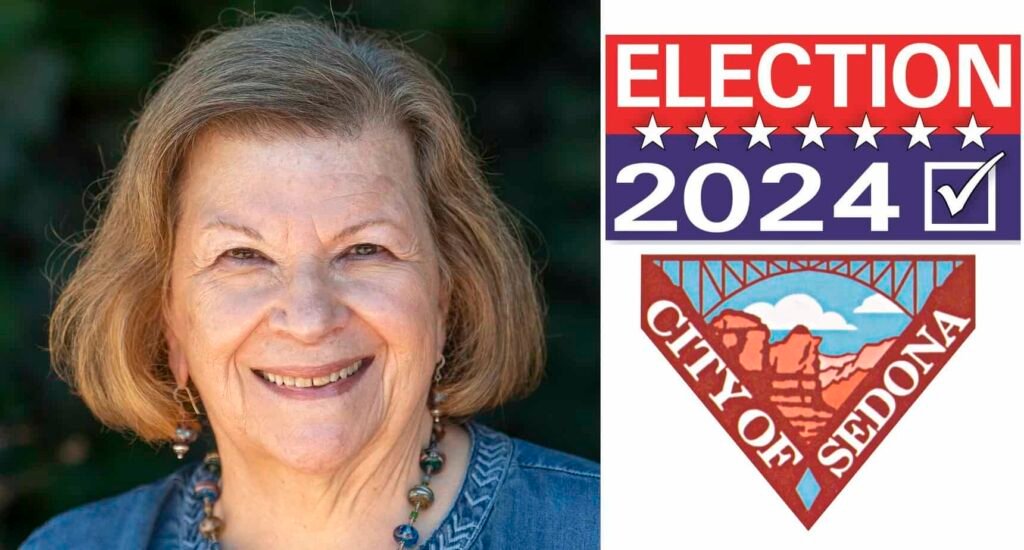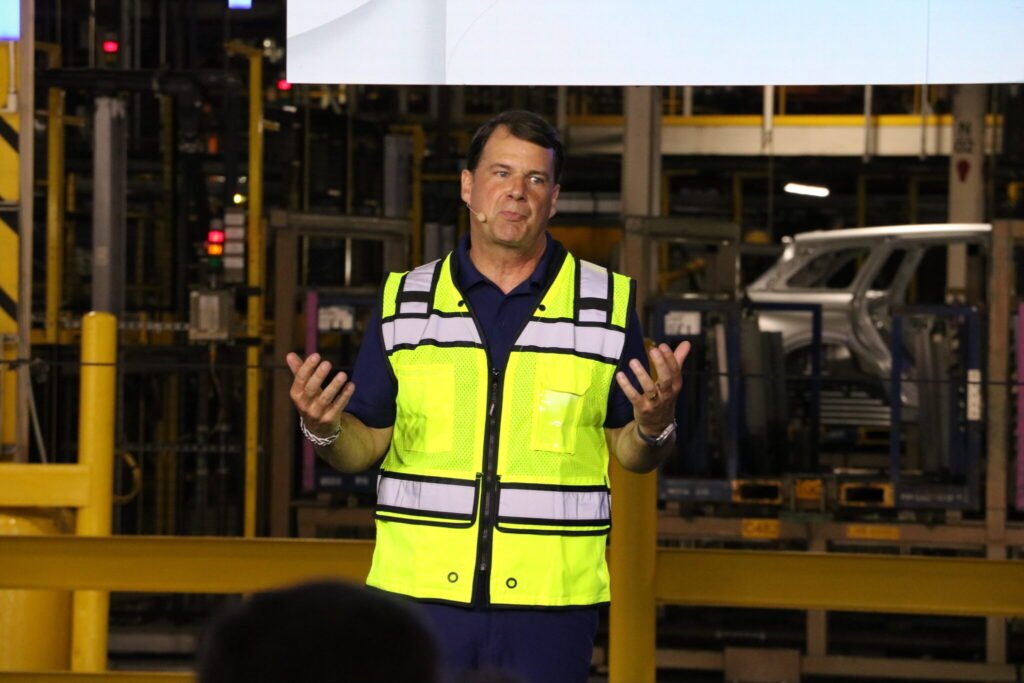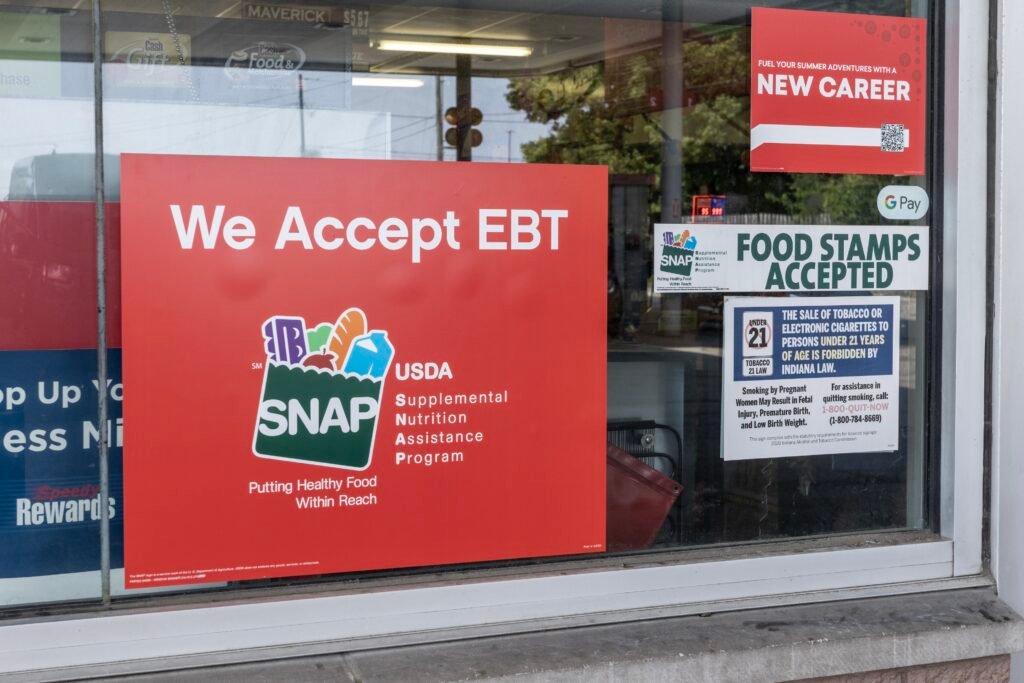Year: 76
Time in Sedona: “I've lived in Sedona for 11 years.”
background: “I'm the Deputy Mayor of Sedona. I'm a retired attorney with over 30 years of corporate experience. For most of that time I've worked side by side with all levels of government – local, state, federal, tribal and international. More broadly, I'm focused on helping clients leverage technology to better serve their constituents. Enabling change in bureaucratic systems requires community engagement and collaboration. This is an area where I've learned valuable lessons and use them every day.
“As a community leader, establishing strong collaborations with partners is one of my guiding principles and is critical to effectively representing our city.
“On a personal level, I am passionate about arts and culture and understand that creative energy is Sedona's defining feature. I am an avid reader, traveler, mentor, organizer and swimmer. I am an advocate for wellness and am committed to creating a sustainable community.”
Q: How would you propose amending, changing or repealing Sedona's building codes to address the housing shortage?
A: “Building codes exist to protect public health and safety. I have consistently advocated in the Council for a thorough review of codes, ordinances and policies that may be in conflict with affordable housing goals. In fact, on June 12, the Council held a work session to discuss potential changes to the Land Development Standards Act and development incentives and guidelines for affordable housing.
“Several code sections were identified by staff for revision, including height requirements, guest house kitchens, garage spaces, building massing, facade and roof line variations, and use of building materials. Exceptions to code requirements are available for projects that incorporate affordable housing. Will this be enough?
“Recently passed legislation allows the city to require property owners who want to build accessory dwelling units intended for use as short-term rentals to live in them. Similar ordinances have been adopted in other municipalities and are worthy of consideration.”
Q: The council has committed to putting the future use of Sedona Cultural Park in the hands of the public. What is your perspective on how that process should proceed? Do you support or oppose restoring the amphitheater?
A: “Council is about to begin a public planning process to determine the future land use of Western Gateway, known as Cultural Park. We purchased the land with the potential to develop it into housing and other compatible uses, and we welcome public input on how to meet the community's vision for both workforce and market-rate housing, rental housing, homeownership opportunities, and other needs. At the same time, we cannot ignore the 200 acres of city-owned land across from the wastewater treatment plant known as The Dells that will inevitably be developed.”
“How will residents be involved? The City has hired a consulting firm to guide us through the process, such as our recently completed Community Plan, and I envision us using similar tools to conduct open houses, surveys, interactive sessions and other outreach. It is essential to me that our community supports and engages in this process and collaborates on the outcome of this effort, whatever that may be and wherever it leads us.”
“Are housing and an amphitheater mutually exclusive? My neighborhood is closest to Western Gateway. I asked neighbors who lived there during the time of Cultural Park about their experiences. The feedback was more negative than positive. Noise and traffic were the most common complaints. One neighbor saw being able to hear music from their home as an advantage. Residents point out that Barbara's Park is not well suited to either a theater. [Barbara Antonsen Memorial Park] The Sedona Performing Arts Center didn't even exist at the time, so there was doubt whether another venue could be financially supported. [Organizers] The Philip England Center for the Performing Arts just announced its closure. [Foundation nonprofit in Camp Verde] Due to lack of attendanceI'd like to see your business plan. Cultural Park 2.0 This is an organization that will address these concerns.”
Q: The City Council says short-term rentals are an obstacle to affordable housing in Sedona. What can the City Council do to reduce short-term rentals? What can the City Council do to bring the average home price down to something moderate-income residents can afford?
A: “Unless we have a more 'city-friendly' state legislature, there is little that can be done to regulate short-term rentals. We need a way to limit the number of vacation properties, as tourist destinations in Utah and Colorado have done. Eleven bills have been introduced this legislative session, including one that would allow for cuts. Not one has made it out of committee. Only open-minded new leadership can change course.”
Q: What actions do you think the city should take to increase homeownership rates among working adults?
A: “Programs such as increasing down payment assistance, zoning reform, partnering with developers on city-owned land, and streamlining the permitting process are steps the city can take to address homeownership and home rental opportunities for local workers. I am open to meeting with builders, architects, and developers who can provide examples of specific code or permitting changes that they think would be helpful.”
Editor's note:
There are three open seats on the Sedona City Council in the 2024 election. Four candidates are running for the three seats: incumbent Sedona City Council Member Cathy Kinsella, challenger Derek Pfaff, incumbent Sedona Vice Mayor Holly Ploog, and challenger Catherine Todd. Election Day is Tuesday, July 30.







